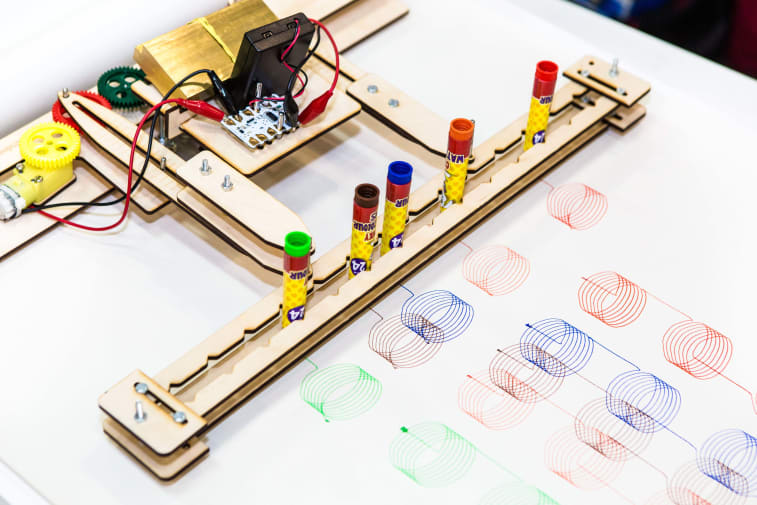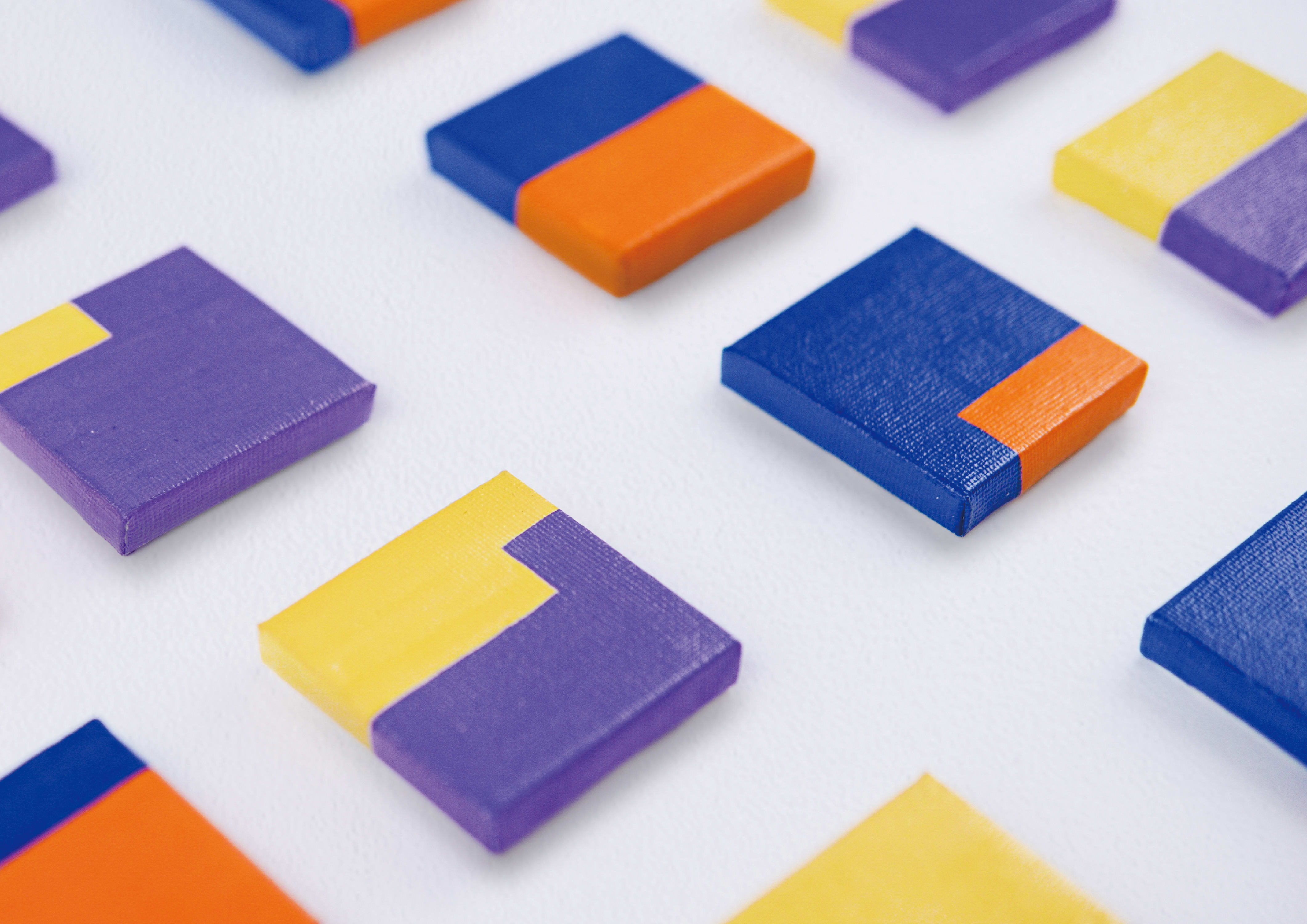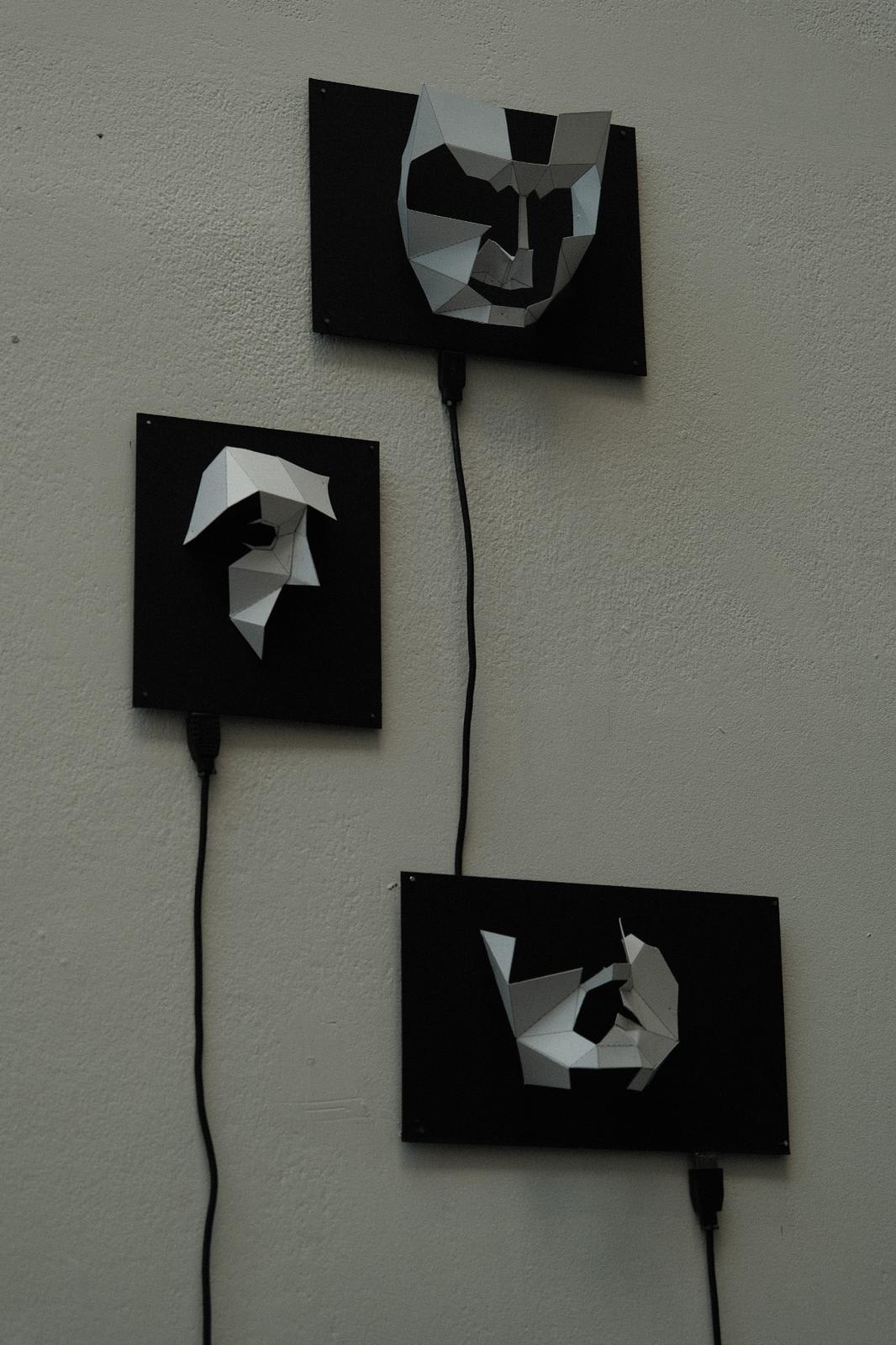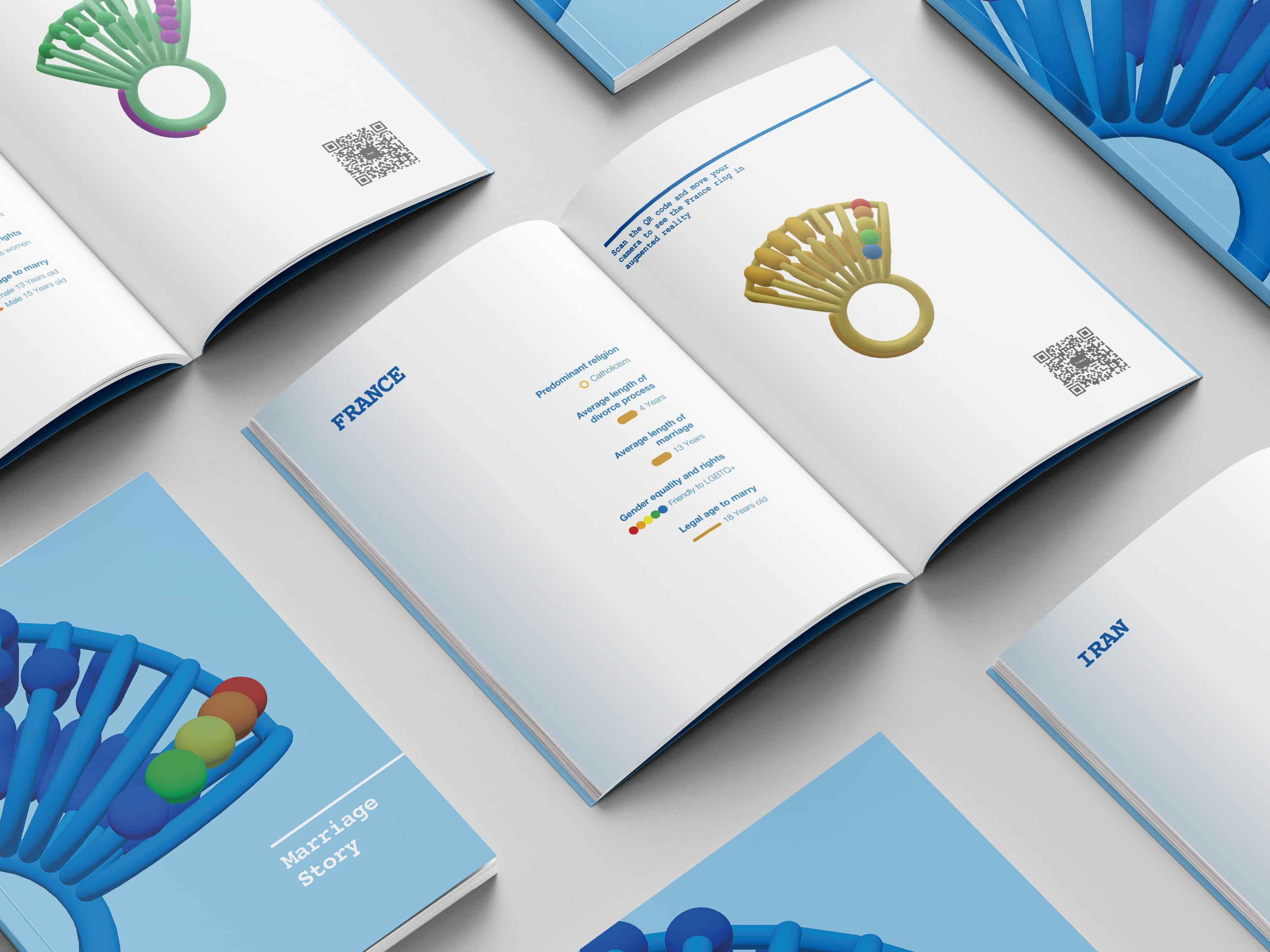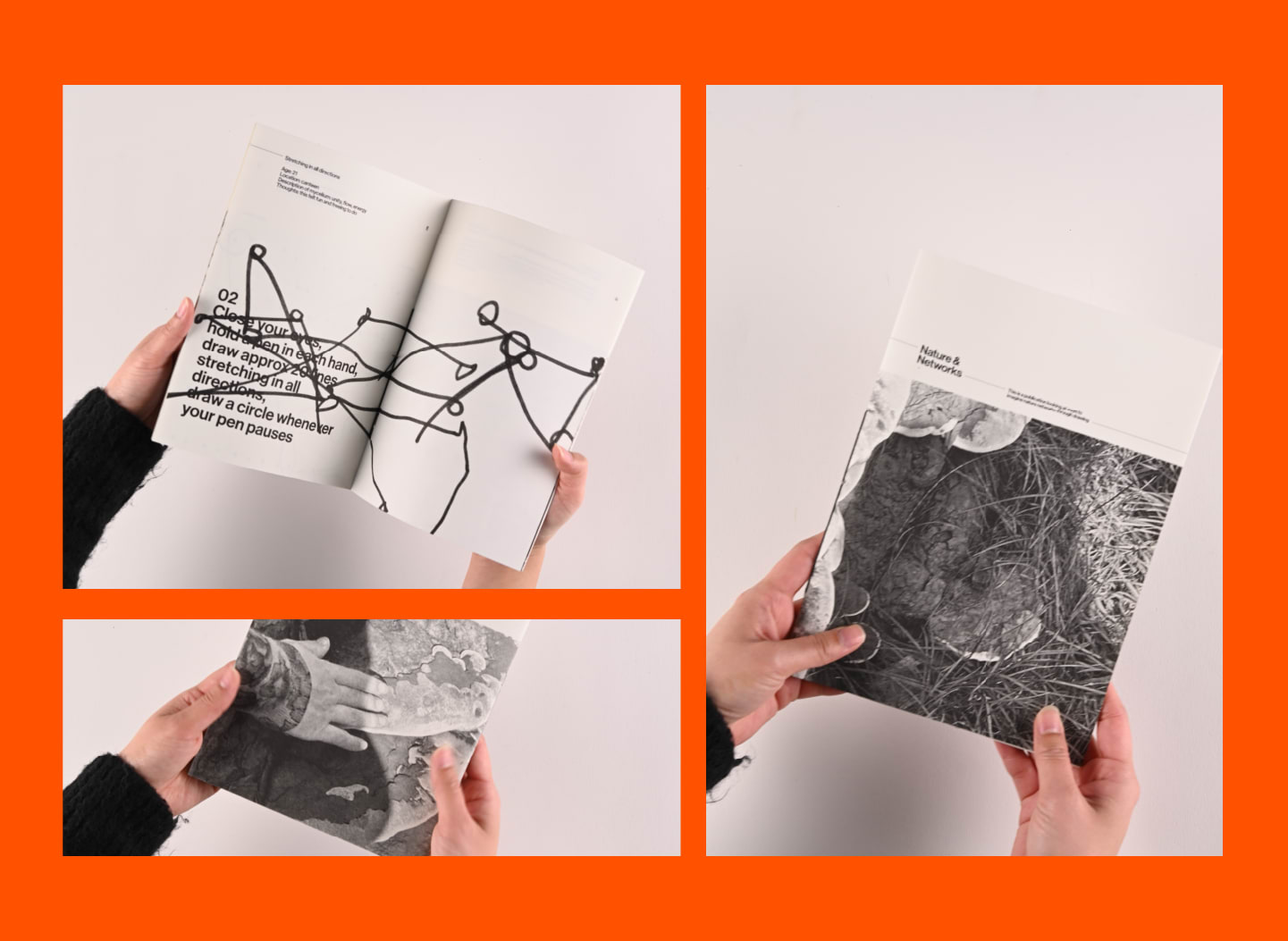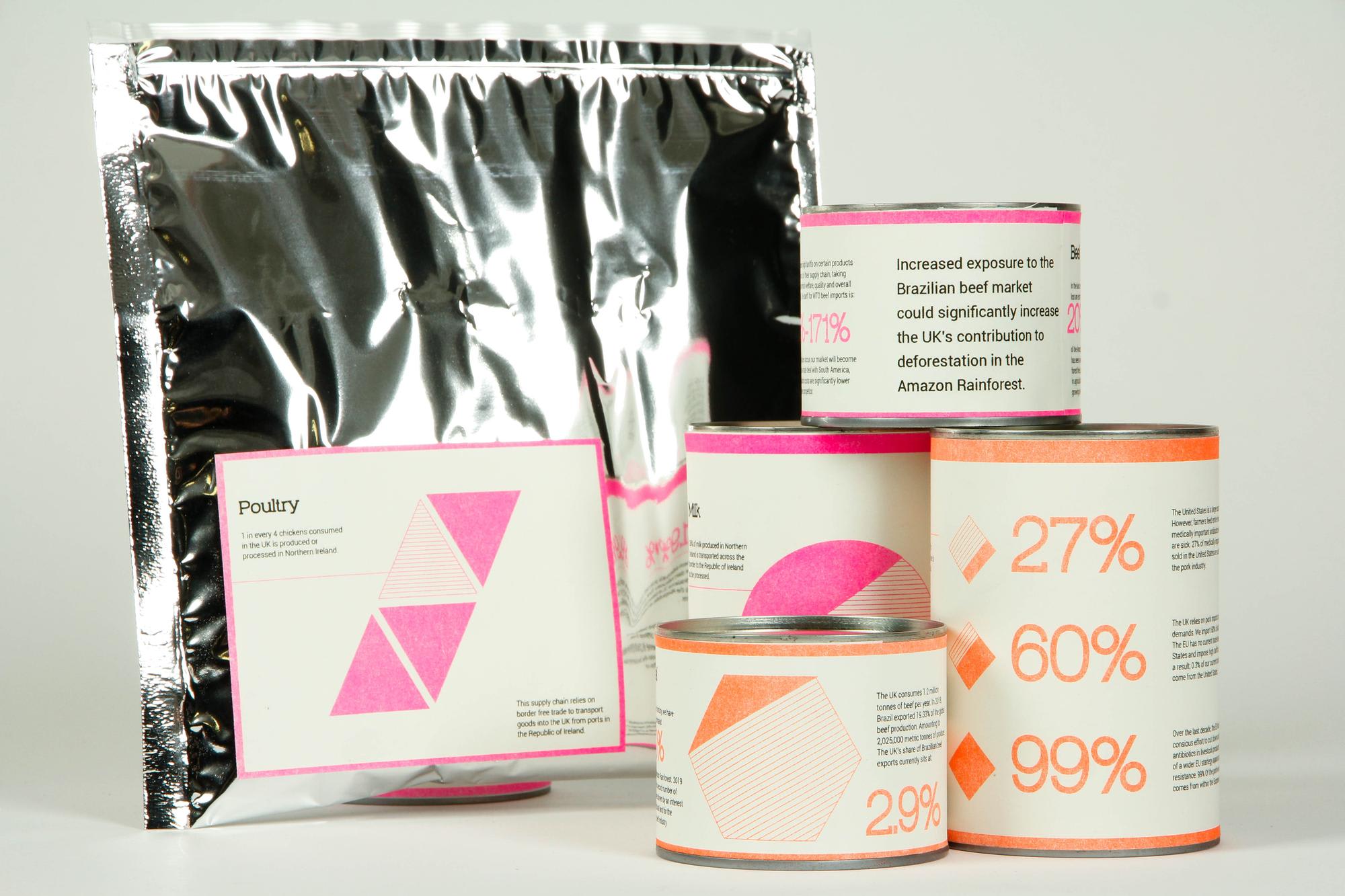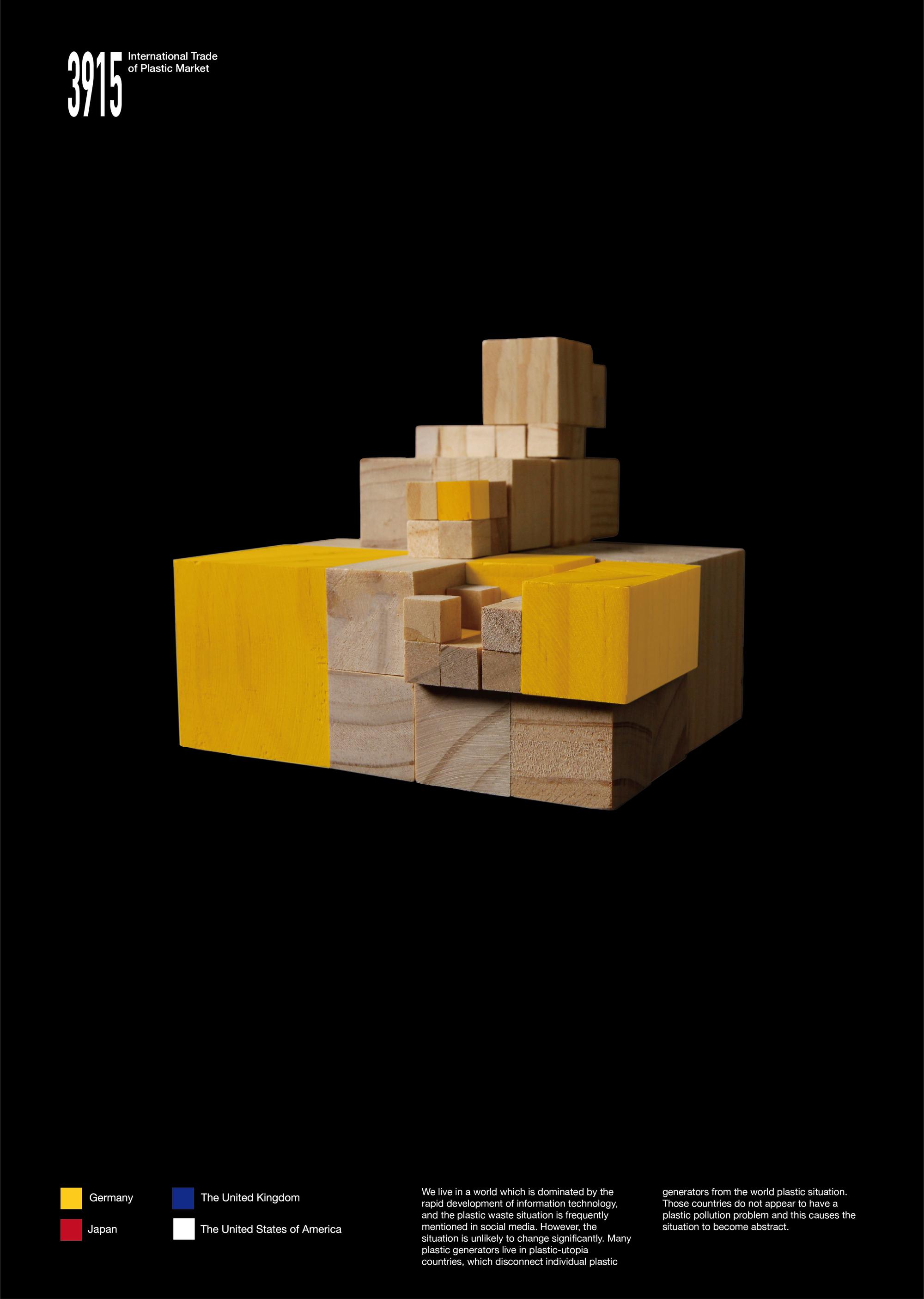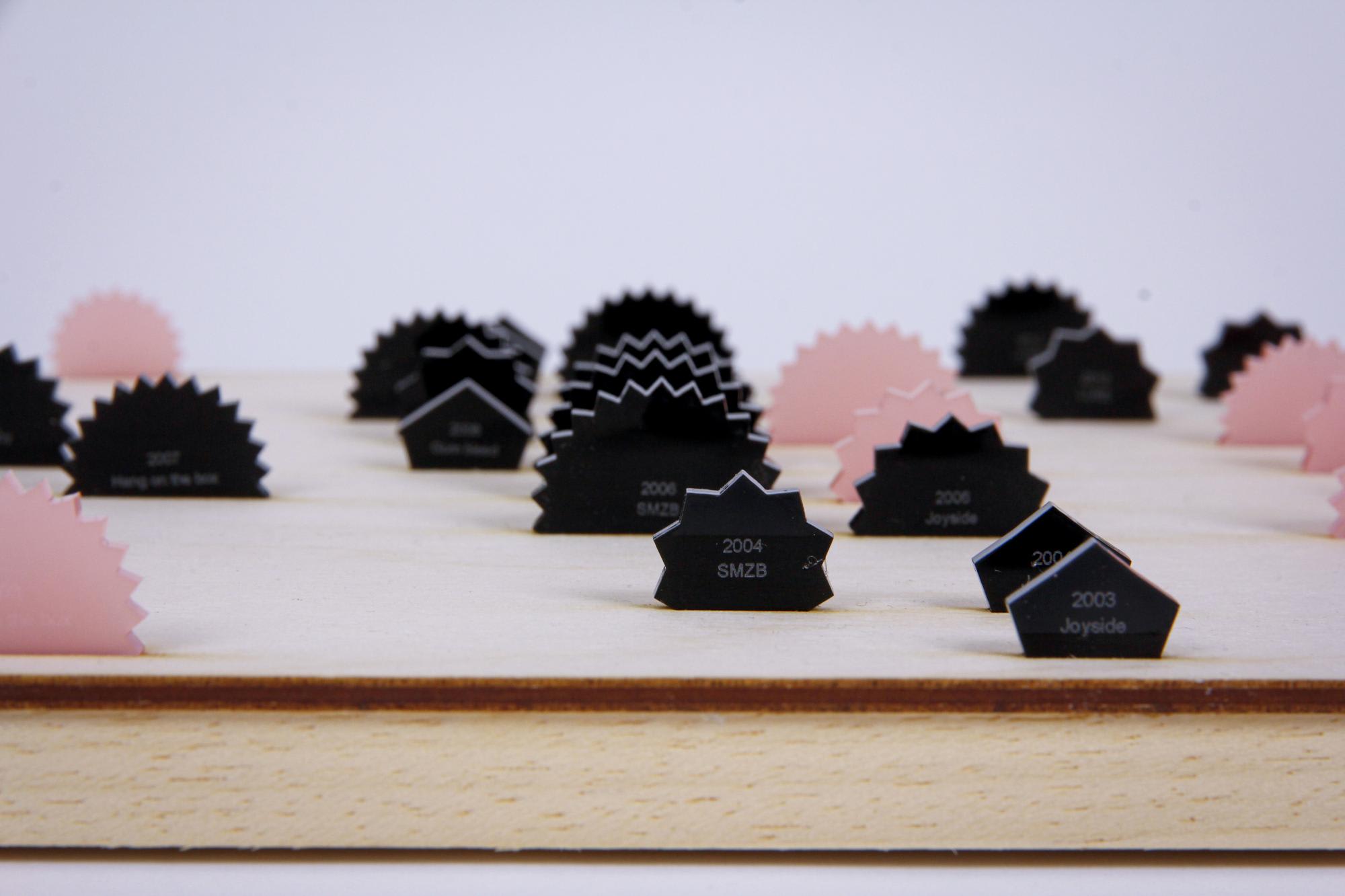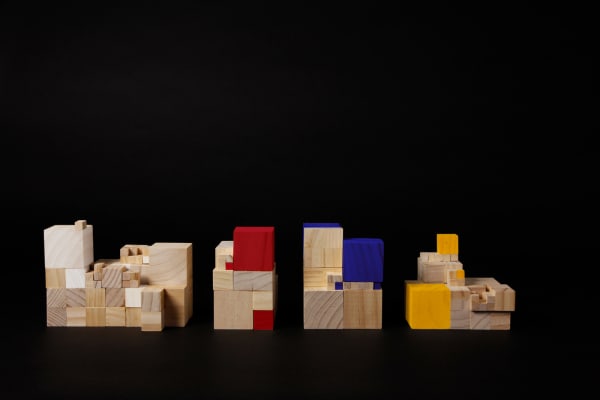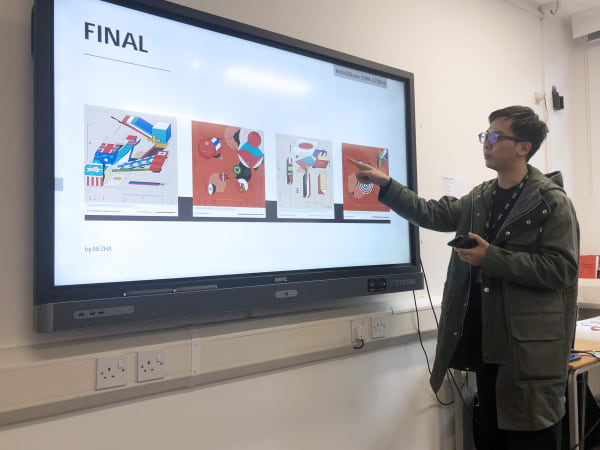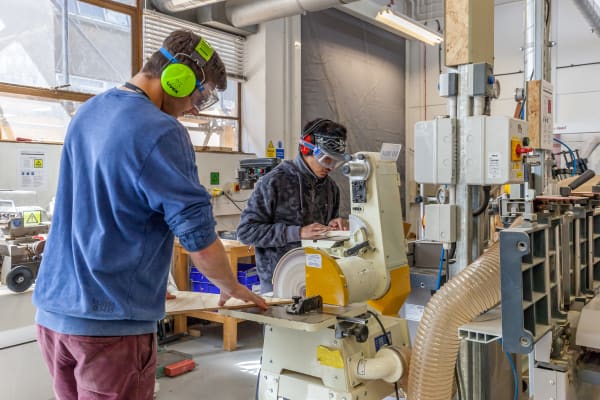Course units
We are committed to ensuring that your skills are set within an ethical framework, and we have worked to embed UAL’s Principles for Climate, Racial and Social Justice Principles into the curriculum and in everything we do.
Term 1
Data visualisation research and practices (20 credits)
Visualisation tools, datasets and data stories (60 credits)
In this term, through a series of workshops, you will develop your specialist information design and data visualisation practice.
Pairing key areas from mapping to complex chart-making with a focus on fundamental design principles such as colour, visual language and typography, you’ll develop your expertise in both explorative, and explanatory data visualisation as well as structure, narrative and story-telling.
Alongside this you’ll engage with key texts, data visualisation practitioners and specialists from related disciplines through a series of lectures and seminars. This will support you engaging with the critical and theoretical context in which you are work and informing your approach to research methods and critical practice.
Term 2 and 3
Final Major Project Proposal and Critical Reflection (20 credits)
Collaborative Unit (20 credits)
During these terms you’ll define your major project focus through research-oriented workshops and group and individual seminars and tutorials. You’ll also work on the Collaborative Unit – responding to a brief defined and delivered with industry-leading practitioners working at the forefront of the discipline of data visualisation.
You’ll continue to participate in workshops designed to support you interrogating your own practice, defining methodologies and identifying interesting ways to integrate technical data visualisation tools and software into your research-led practice.
Through additional external briefs you’ll also work with your peers on group projects responding to provocations defined by domain experts working with data.
Term 4
Final Major Project and Critical Visual Report (60 credits)
In your final term, you will realise your research-led final major project, supported with lectures, seminars and tutorials as well as engagement with the wider community of practice at London College of Communication.
You’ll produce a design outcome for this piece of work as well as critical and reflective report, evidencing your engagement with advanced theoretical and critical positions within the field and related disciplines.

